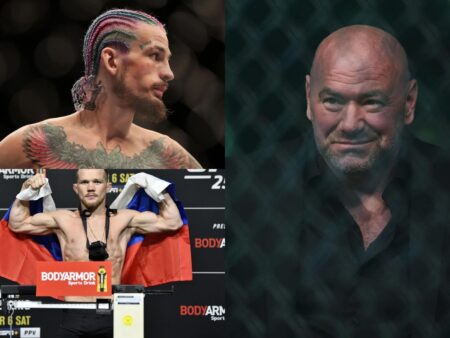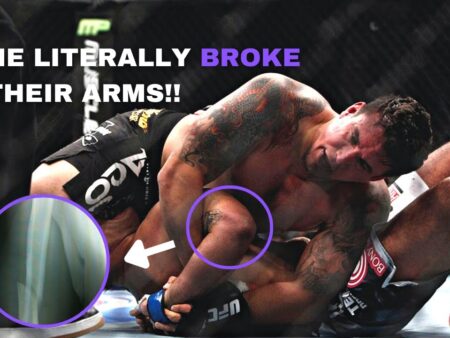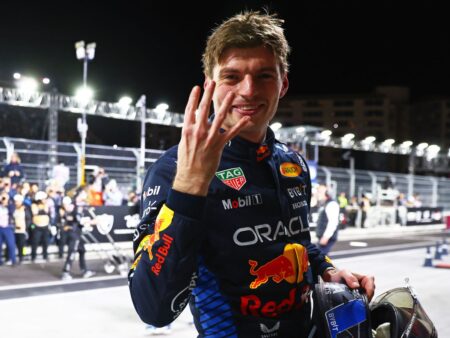A recent incident involving a prominent figure in the world of mixed martial arts, Conor McGregor, serves as a poignant illustration of the intricate challenges faced by public personalities in the digital era. What began as a personal milestone—his 37th birthday—swiftly transitioned into a global talking point, underscoring the relentless nature of online scrutiny.
The Genesis of a Digital Firestorm
The catalyst for this unexpected turn of events was an online claim made by rapper Azealia Banks. She alleged that she had received unsolicited explicit personal images from McGregor via direct message. These claims, detailed in now-deleted social media posts, quickly cascaded across various digital platforms, igniting widespread discussion. Banks’ subsequent actions, including the removal and apparent retraction or clarification of her initial statements, introduced a layer of ambiguity to the allegations, yet the initial impact had already resonated across the internet.
The Rapid Amplification by Social Media
This episode highlights the formidable power of social media as a conduit for information—and misinformation. Within moments of the initial posts, the allegations were amplified, dissected, and debated by millions. This rapid dissemination mechanism means that personal claims, regardless of their veracity or eventual retraction, can instantly achieve global reach, often before any formal verification or context can be established. For public figures, the line between private life and public persona becomes perilously thin, subject to the whims of online algorithms and collective curiosity.
Professional Reactions in a Personal Matter
Perhaps one of the most intriguing aspects of this situation was the reaction within the close-knit community of mixed martial arts professionals. Peers and commentators, accustomed to analyzing athletic performance and strategic maneuvers, found themselves navigating a profoundly personal and unconventional topic. The collective eyebrow-raise among some was almost palpable, as individuals offered candid, if bewildered, commentary on the alleged content. It’s a peculiar testament to the public`s fascination with the private lives of celebrities, even when those lives take an unconventional detour from their professional domains, pulling colleagues into an unexpected discourse.
Privacy in the Public Eye: A Perpetual Challenge
The incident involving McGregor serves as a stark reminder of the tenuous nature of privacy for those under the constant glare of the public spotlight. In an an age where every interaction can potentially be recorded, shared, or misconstrued, managing one’s digital footprint becomes a critical, yet often insurmountable, challenge. Accusations, once made public, often leave an indelible mark, regardless of later clarifications or their eventual fading from the immediate news cycle. This dynamic raises pertinent questions about accountability, the ethics of public commentary on private matters, and the inherent vulnerability of individuals whose livelihoods depend on public perception.
Conclusion: A Case Study in Modern Celebrity Culture
Ultimately, this situation transcends a mere celebrity scandal; it stands as a compelling case study in modern celebrity culture, online allegations, and digital privacy. It underscores the rapid, often uncontrollable, flow of information in the digital age and the unique pressures faced by public figures. As the world continues its deep dive into interconnectedness, such incidents will likely become more frequent, prompting ongoing discussions about the boundaries of personal space, the responsibilities of online platforms, and the inherent complexities of living a life in the public eye.











